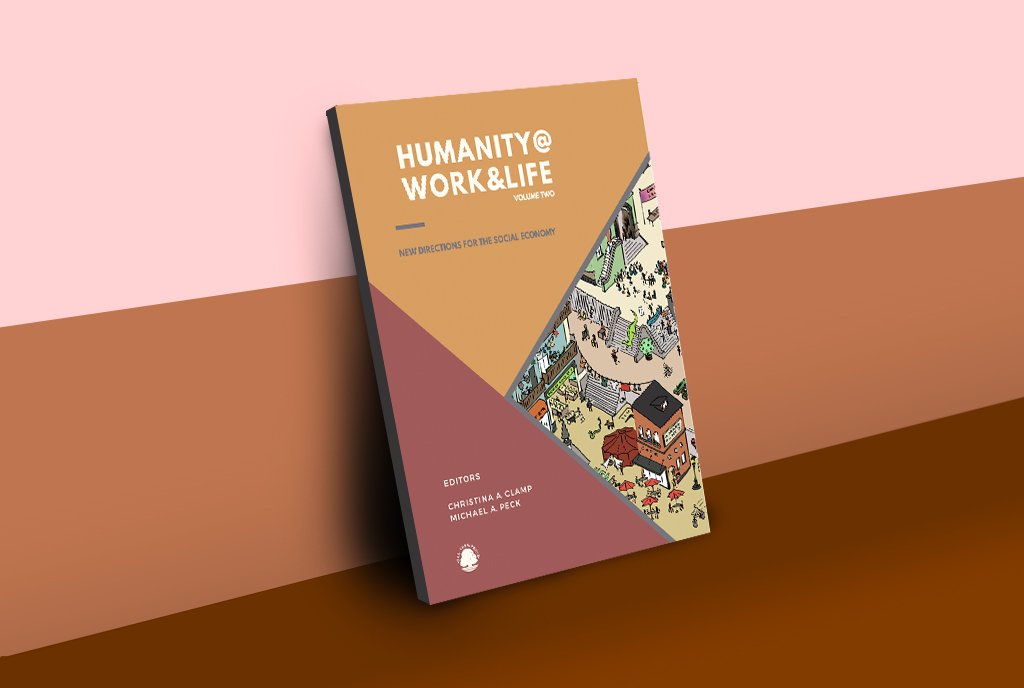Jackie Stenson was a Harvard trained engineer who wanted to design technologies to improve the lives of the world’s poor.
But during a trip to East Africa, when Stenson was in her early 20’s, she saw a book by UNICEF that featured some of the designs she’d been working on, like low-cost peanut shellers and simple water pumps. The book was published in 1983, three years before Stenson was even born. “That really sort of hit me,” Stenson says. “A lot of technologies that I was aspiring to work with already existed. And they had existed for a really long period of time.”
DESIGNING TOOLS NO ONE IS USING
And during her two years traveling in East Africa, Stenson never saw anyone actually using these technologies. “There was this massive disconnect between the people who were designing these products and people who were theoretically supposed to benefit from them.”
Around that time, Diana Jue was distributing solar cookers in remote regions of China. She felt there was a genuine need for the cookers but “distribution was ridiculous,” she says. “And then, how do you send somebody to fix these products if they break?”
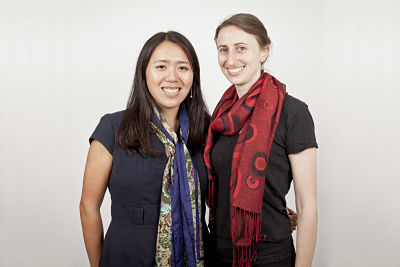
A FORTUITOUS MEETING AT MIT
Years later, Jue and Stenson met at MIT and realized that they were trying to tackle the same problem: namely, how to get life-enhancing products to remote rural communities and how to ensure that people would actually use them.
So together they came up with Essmart, a for-profit social enterprise that markets sustainable technologies, like solar lights and low-power refrigerators, through a network of modest shops ubiquitous across India. Essmart’s model would allow the poor themselves – not donors, not charities – to decide what products they needed to improve their own lives.
Sign up for our free newsletters
Subscribe to NPQ's newsletters to have our top stories delivered directly to your inbox.
By signing up, you agree to our privacy policy and terms of use, and to receive messages from NPQ and our partners.
Essmart launched in 2012. “We basically put twelve products in two stores and to see how fast they would sell,” Jue explains. “They all sold out within a week.”
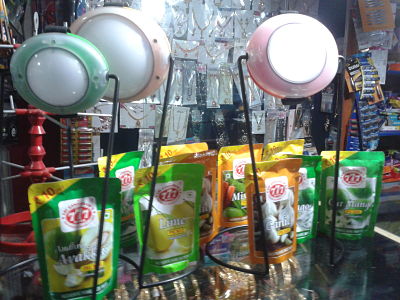
INDIA’S RURAL SHOP OWNERS PROVE TO BE KEY
With that early success, Jue and Stenson began putting their products into more stores. But their inventory, meant to improve the lives of the poor, was expensive and unfamiliar to rural consumers. To help market their products, Essmart turned to the store owners, who had relationships with customers and could convince them that solar lamps were a better investment than, say, the cheap plastic flashlights they were used to.
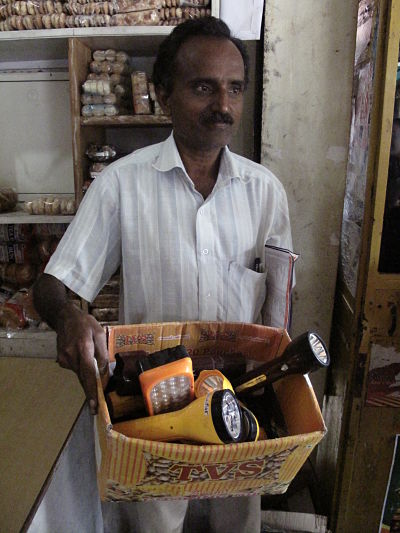
STEADY PROGRESS
So far, Essmart reports that it has sold about 5,000 items to India’s rural poor. That’s not enough to make a profit but it’s enough to convince the company’s founders that demand for their products will only grow.
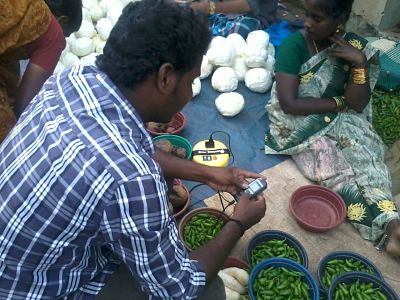
We would love to hear your thoughts about Essmart’s for-profit model. Do you think products like solar lights should be sold or given away to the poor? Have you come across other products that might work for something like this? Where would you like to see an initiative like this? Should all donors adopt this sort of model?

This story was made possible by Tiny Spark’s Kickstarter backers. Thank you! Your support made it possible for us to send Rhitu Chatterjee to Pollachi to report this story.










